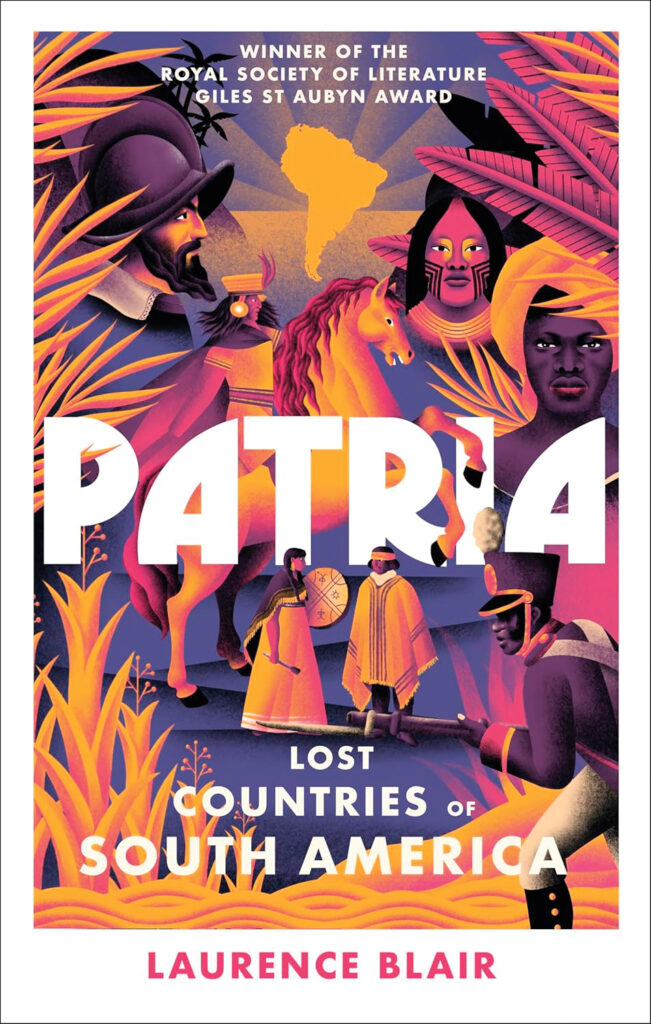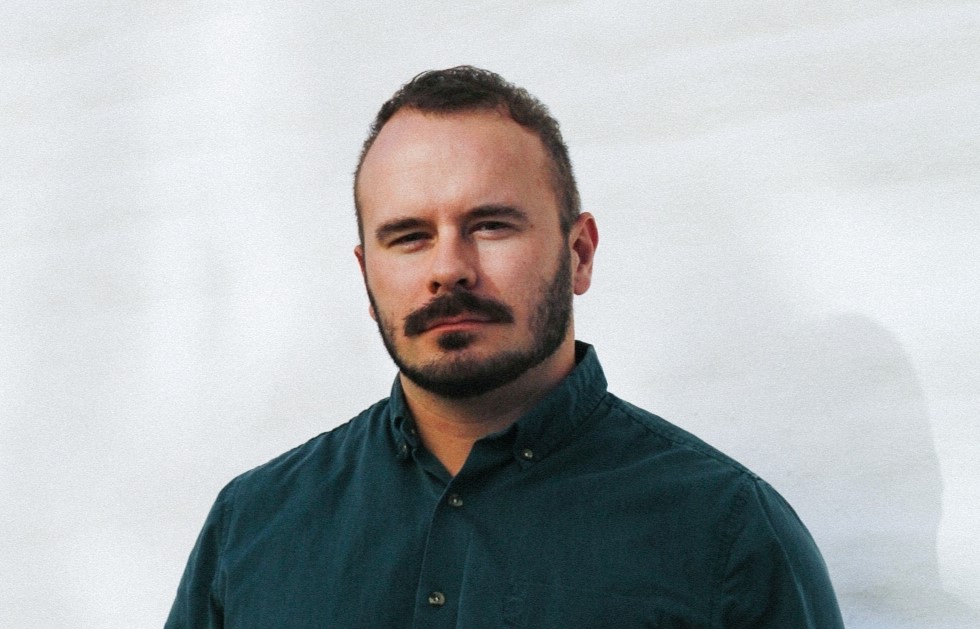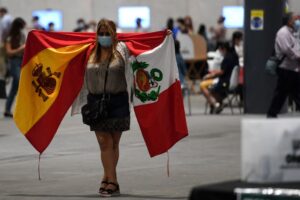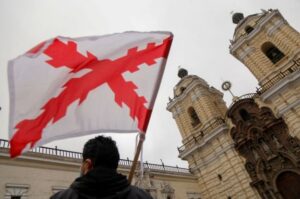This article is adapted from AQ’s special report on food security in Latin America
The novelist William Faulkner once wrote, “The past is never dead. It’s not even past.” In other words, the past haunts the present in ways that are sometimes deliberate, and sometimes not. In Patria, a retelling of the history of Latin America since its pre-Columbian period, Laurence Blair gives this phrase a different spin. Nostalgia for the past can be “one hell of a drug,” he writes.
Blair is referring to how the memory of Francisco Solano López, Paraguay’s president during the devastating Paraguayan War that took place between 1862 and 1870 and killed around two-thirds of the population, has fed popular beliefs about what Paraguay could have been had it not been defeated. This dream, Blair says, has been used by the Colorado Party to solidify its rule for 70 years. The past is an opiate that keeps Paraguayans distracted while their political leaders plunder the country.

Patria
By Laurence Blair
Bodley Head
Hardcover
448 pages
To achieve a more nuanced view of Latin America, Blair argues, we need to pay attention to the way historical narratives are constructed. Out of the centuries-long debate that Latin Americans have conducted over their history, Blair highlights two clashing extremes. On the one side, there are the anti-colonialists, like decolonial Argentine academic Walter Migolo, who mourn the cultures erased from the map after colonization. On the other, pro-Hispanists like Peruvian novelist Mario Vargas Llosa argue that Latin America is better off having been conquered.
Blair rightly points out that both views are incomplete. “Either approach—dwelling endlessly on past trauma, or launching into a headlong fight to forget—is likely to yield similar results,” he writes. Through rich storytelling, Patria demonstrates that the way we remember cultures from long ago—the Inca empire in Peru, the escaped slaves of Palmares in Brazil, the Diaguita in Argentina, to name a few—still very much influences how each country is building its present. And we must be mindful of what we choose to remember.
Seeking to revive the past can have terrible consequences for the present, says Blair. Hugo Chávez’s use of the memory of Simón Bolívar is perhaps the ultimate example. Chávez’s proposal of a Bolivarian republic, inspired by Bolívar’s dream of a pan-American nation freed from imperial interference, promised Venezuelans equality and freedom from an oppressive political class. But under his successor, Nicolás Maduro, Venezuela has become a run-of-the-mill dictatorship, spawning arguably the worst humanitarian crisis in the modern history of the region.
Other memories would be well worth revisiting, but from a more critical perspective. Blair brings to life the crucial role that Indigenous communities and former African slaves had fighting in the battles for independence from Spain; it wasn’t just an elite-driven process, as the history books say. To recognize their importance is to acknowledge that the promise of equality is a dream still so out of reach for many Latin Americans.
On the flip side, to ignore the past, or to want to eliminate it altogether, can lead to destruction. As president of Brazil, Jair Bolsonaro employed the idea of the Amazon as an untamed wilderness to advance his agenda of expanding agribusiness in Brazil’s Amazonian regions, leading to a major uptick in deforestation that has only recently begun to recede.
Blair argues that connecting the past to the present will give Latin Americans a clearer sense of how to build their future. But is that enough? Many countries in the region are currently gripped by political polarization, social exclusion, violence and crime. It may be too optimistic to hope that what it takes to fix these problems is a closer look at how we got here.









